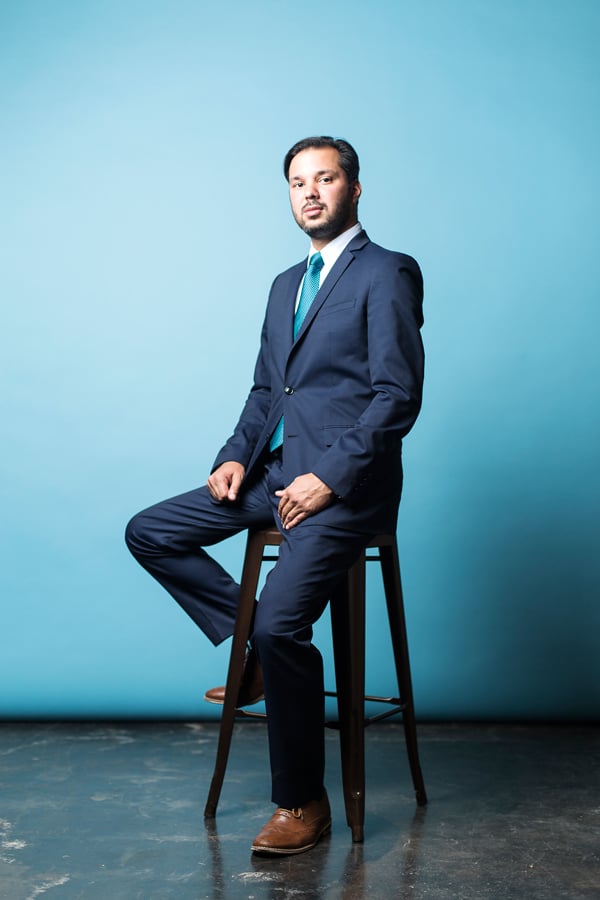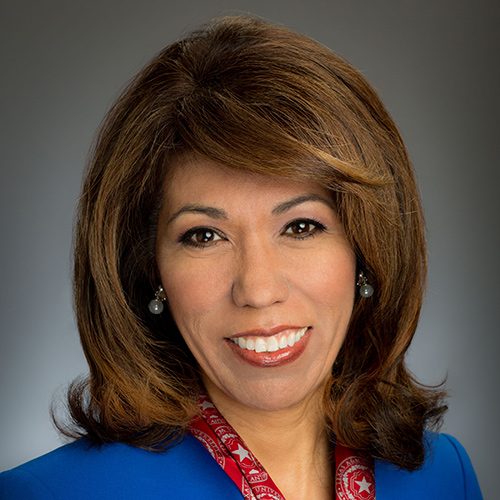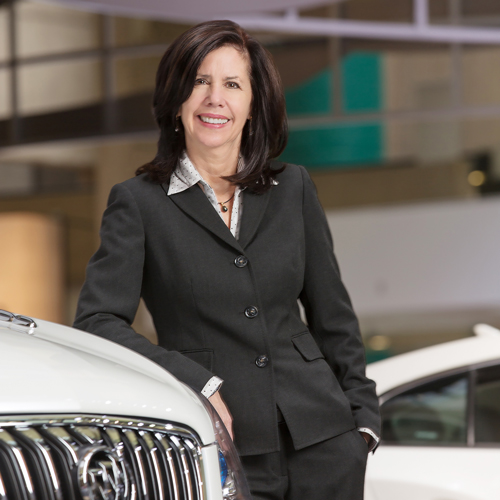Usually, elation is something that you feel. But on the afternoon of June 28, 2015, it was something you could see, hear, taste, smell, and touch in Lakeview, a North Side neighborhood that is the nucleus of Chicago’s lesbian, gay, bisexual, transgender, and queer (LGBTQ) community. The site of Chicago’s 46th annual gay pride parade, Lakeview hosted more than a million overjoyed parade-goers just days after the US Supreme Court ruled in favor of marriage equality, making it legal for millions of gay and lesbian couples around the country to wed their same-sex partners. A sea of sun-kissed smiles, glittered skin, and rainbow confetti—all undulating to the tune of two million feet dancing—it was elation personified.
Among the revelers was Gerardo Rodriguez, executive director of the Chicago Area Gay and Lesbian Chamber of Commerce, which has been representing and advocating for LGBTQ business owners across Chicago since 1996. Like the rest of the crowd, Rodriguez was moved and felt inspired to reflect—not only on the civil rights victories that had already been won, but also on the challenges still ahead.

“It was absolutely wonderful,” Rodriguez says of the historic Supreme Court decision that buoyed this year’s parade. “Marriage equality is huge, and we’re so grateful that it passed. But there is still a lot more work ahead of us in terms of achieving equality for the LGBTQ community.”
Indeed, the journey to full equality—across all facets of society—still has many miles left in it. Fortunately, Rodriguez has legs made for marching. Born and raised on Chicago’s South Side, he has what he calls “an idealist heart.”
“I’ve always been an idealist,” says Rodriguez, who has a nine-year old daughter, Mia Selene, to whom he dedicates his life and preaches his same idealistic values, hoping to ensure her a bright future in a world that is more just and equal than the one he grew up in. “For as long as I can remember, I’ve always wanted equality, peace, and happiness to be prevalent in absolutely everything I do.”
So far, it has been. A graduate of Southern Illinois University, where he received a dual bachelor’s degree in philosophy and creative writing, Rodriguez began his career at the Illinois Hispanic Chamber of Commerce, where he spent six years providing assistance to Hispanic Illinoisans who were interested in establishing and growing small businesses.
“It was a great learning experience and a great launching pad for becoming a business coach and a leader within underserved communities,” says Rodriguez, who subsequently started his own small-business consultancy before joining the Chicago Urban League in yet another small-business development role—this time servicing Chicago’s African American community. “The Illinois Hispanic Chamber of Commerce and the Chicago Urban League both are focused on social justice, diversity, and inclusion through economic development and economic empowerment, and that’s something that I really love. It’s a part of me. It’s who I am.”
It’s such a part of who he is that when the Chicago Area Gay and Lesbian Chamber of Commerce offered him a position as its executive director in March 2015, he accepted without hesitation. “I’ve spent my career working in communities to build economic empowerment and independence, so I jumped at the chance to lead a chamber of commerce like this one,” says Rodriguez, who describes himself as a staunch ally of the LGBTQ community. “It doesn’t matter that I, myself, am not gay or bisexual,” Rodriguez says. “I don’t need to have experienced discrimination against my sexual preference to fight against it. Just knowing that discrimination exists is enough to motivate me.”
Unlike other civil rights organizations, chambers of commerce don’t use picket signs to catalyze change. They use pocketbooks. The Chicago Area Gay and Lesbian Chamber of Commerce is no exception. In addition to its core service—providing counseling and assistance for LGBTQ small business owners—it seeks to ignite social and cultural change using economic inroads. One of Rodriguez’s biggest priorities, for instance, is growing the chamber’s supplier diversity initiative.
“When you are in business, the best way to grow in size and capacity is also one of the hardest things to do: it’s to scale up by doing business with large corporations and government agencies,” Rodriguez says. The Chicago Area Gay and Lesbian Chamber of Commerce has been working in partnership with the National Gay and Lesbian Chamber of Commerce on a major supplier diversity initiative since 2004, which aims to ensure that corporations understand LGBTQ small businesses have experienced social and economic disadvantages and discriminating factors. “Through our LGBTQ Business Enterprise (LGBTBE) certification program, we certify LGBTQ small businesses to promote having the same opportunities as any other business and protect them from being discriminated against by major corporations during the procurement process.”
Although just 36 LGBTQ businesses in Illinois are currently LGBTBE-certified, that number is growing, according to Rodriguez, who says the program yields benefits for the entire LGBTQ community.
“I don’t need to have experienced discrimination against my sexual preference to fight against it. Just knowing that discrimination exists is enough to motivate me.”
“If we help a small business get a $50,000 contract with company X, they’re going to use that money to hire a full-time employee from their community. That’s a job, which creates economic stimulus and tax dollars within that same community,” he explains. “It’s a nice cycle—you hire people from your community, who spend money within your community—and it’s all from one opportunity that was procured and successfully secured by one of our small businesses. That’s the most direct way there is to build up a community economically.”
Although the LGBTQ community is an economic powerhouse—its national purchasing power exceeds $830 billion—its wealth is deceiving, according to Rodriguez, who says LGBTQ businesses struggle despite the community’s perceived affluence. Through programs such as its supplier diversity initiative, the chamber ensures not only that LGBTQ small businesses are treated fairly, but also that the community gets back what it gives.
“I’m working closely with other organizations in our community to ensure everyone knows not only what our purchasing power is, but also that it can be leveraged for very positive reasons,” states Rodriguez, who says those reasons include not only supplier diversity, but also issues like workplace equality for LGBTQ workers.
As for marriage equality, Rodriguez says it’s already yielding major benefits for chamber members—economically and socially. “It’s helped us dramatically by making our community members more free to be who they are, to be in public with who they love, and to spend money with businesses they support,” he says. “After all, marriage itself is a business. In fact, the chamber just completed its second annual wedding expo. Our community includes event planners, caterers, florists—a number of different industries that focus on weddings—and thanks to marriage equality we now have the opportunity to talk about things like business parity, employment parity, and employment discrimination on behalf of those people. There is still a lot of work to be done, but this is a big first step that will make the steps that follow easier.”

